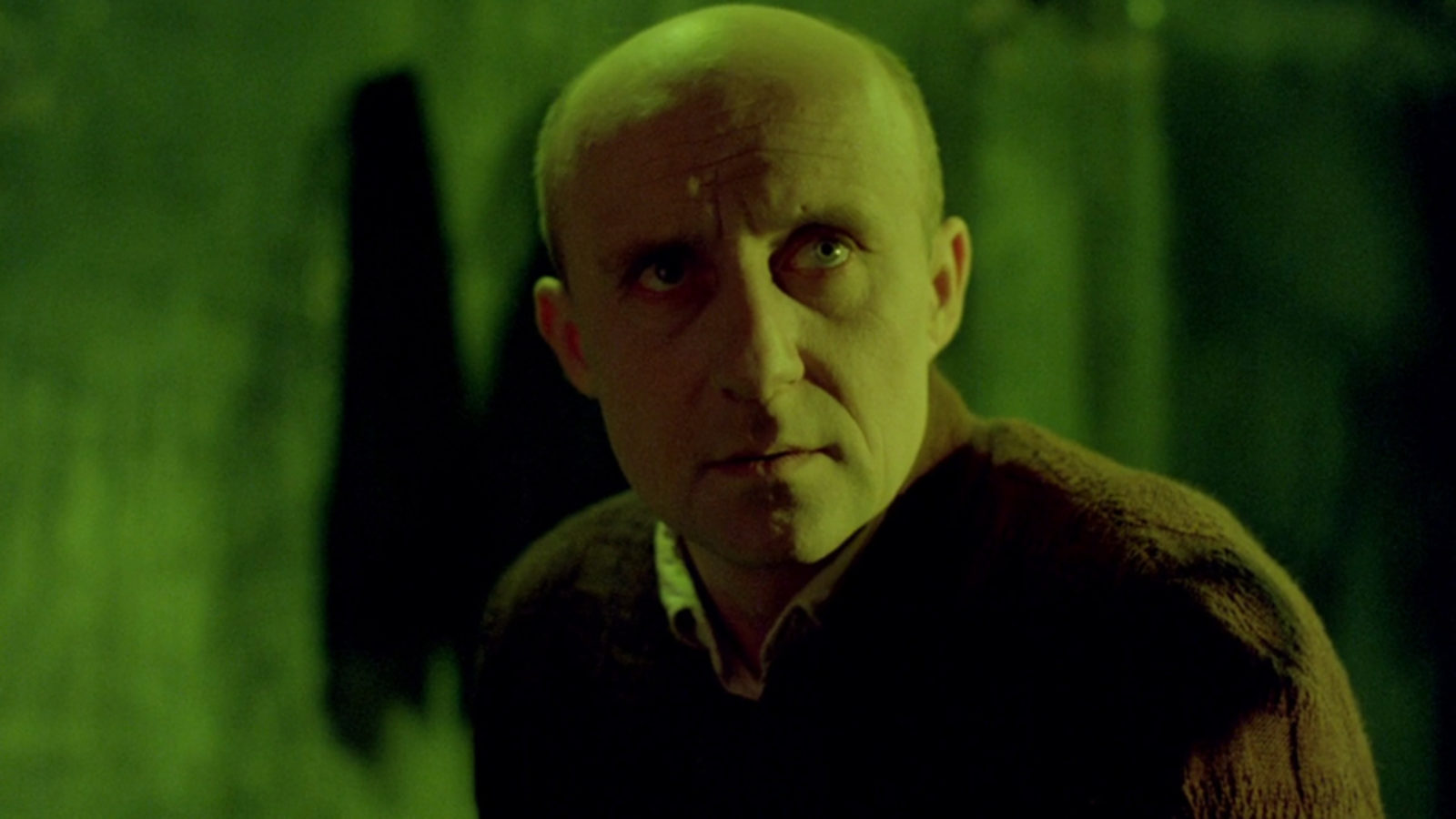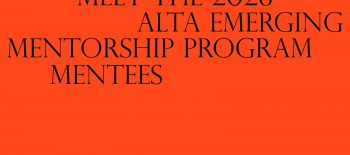Watch on MUBI.com
Special offer for our newsletter subscribers only: a 1-month MUBI free trial, instead of the regular one-week trial. Visit our home page, and scroll down to our newsletter subscription option.
Presented in partnership with the Polish Cultural Institute New York, Szulkin’s Tetralogy, consisting of four films released from 1980 to 1986, is available for streaming on MUBI. One of the great visionaries of Eastern European cinema, Piotr Szulkin was a useful thorn in the side of the Polish authorities. His 1981 masterpiece War of the Worlds: Next Century was, like all of his major films, ostensibly a work of science fiction. Deemed a provocative attack on the authoritarian regime in the months leading up to the declaration of martial law, the film was pulled from its competition slot at the Cannes Film Festival. A satire of media manipulation set in the days following a martian invasion, it would later be revealed that the very same authorities who had denied its release had been studying the film as an instructional tool for social control.
Faced with such ironies, it’s little wonder that Szulkin rebuffed straightforward categorisation of his work. “I do not make sci-fi,” he said, “but rather borrow from its aesthetic… Film is a scream… my scream, and an expression of my need to confront the situation we had found ourselves in.” The situation in question was Communist rule, and all four of the films in this collection—informally known as his “Apocalyptic Tetralogy” or “Tetralogy of Doom”—were made while Poland was under the thumb of Soviet totalitarianism.
Inspired by the likes of Franz Kafka and George Orwell, Pier Paolo Pasolini and H.G. Wells, Szulkin’s works of future-noir are potent allegories one and all—not just for contemporary Polish society, but for a global age marked by atomic anxiety and widespread distrust in monolithic power structures. Yet for all the sociopolitical subtext of his cinema, Szulkin retains the ample pleasures of genre. These are films populated with smoky bars and femme fatales, shadow-dwelling villains and, in Golem (1980), lab-grown doppelgängers. They’re also marvels of utilitarian production design, threaded with dark veins of mordant humor—not for nothing has Ga-Ga: Glory to the Heroes (1985) been compared to Terry Gilliam’s Brazil (1985). In the apocalypse according to Szulkin, the world ends with neither a bang nor a whimper, but with an insistence—as the world burns—that everything is fine.

GA-GA: GLORY TO THE HEROES
GA, GA – CHWALA BOHATEROM
Directed by Piotr Szulkin
Poland, 1985, 81 min
TRAILER
Synopsis
Scope, a prisoner on a behemoth space station, is chosen to ‘volunteer’ to explore far-away planets. Landing on planet Australia-458, Scope finds that his freedom comes with a high price—his violent demise will be broadcast live for the viewing pleasure of Australia-458’s inhabitants.
MUBI’s take
Taking inspiration from Pasolini’s La Ricotta, Piotr Szulkin closes his “Apocalyptic Tetralogy” with an anarchic riff on the Passion of Christ. The funniest of the four films, Ga-Ga: Glory to the Heroes is a rich sci-fi allegory that puts the European colonial project in its satirical crosshairs.

O-BI, O-BA: THE END OF CIVILIZATION
O-BI, O-BA – KONIEC CYWILIZACJI
Directed by Piotr Szulkin
Poland, 1984, 86 min
TRAILER
Synopsis
A year has passed since the nuclear war, and 800 sick and hungry people have taken shelter in a concrete building. They are waiting for the landing of The Ark, a mythical vessel that is supposed to bring collective salvation. But this news was invented by the ruling team…
MUBI’s take
Conjuring a claustrophobic vision of post-nuclear Poland, Piotr Szulkin lends his satirical eye to the weaponization of religion as a means of social control. A utilitarian triumph of ramshackle world-building, O-Bi, O-Ba is a hallucinatory examination of apocalyptic anxieties in the atomic age.

THE WAR OF THE WORLDS: NEXT CENTURY
WOJNA SWIATÓW – NASTEPNE STULECIE
Directed by Piotr Szulkin
Poland, 1981, 94 min
TRAILER
Synopsis
Poland, Christmastime. A band of hyperintelligent, bloodthirsty martians take over the country and enlist hapless television newscaster Iron Ide as the voice of their propaganda machine. But when Iron dares to go off message, he makes an enemy even greater than the aliens—the state itself.
MUBI’s take
Pulled from the Cannes competition in the same year that Poland declared martial law, Piotr Szulkin’s tale of alien invasion is a blazing satire of the media machine. Dedicated to H.G. Wells and Orson Welles, this noir-inflected sci-fi is an eerily prescient interrogation of the fake-news era.

GOLEM
Directed by Piotr Szulkin
Poland, 1979, 90 min
TRAILER
Synopsis
In some dystopian future, scientists attempt to create a new, pliable race of humans out of degenerate individuals. A seemingly ordinary product of the effort, the genetically engineered Pernat is subject to round-the-clock monitoring as he goes about his life—until he rebels against his guardians.
MUBI’s take
Drawing on Jewish legend, this Kafkaesque work of speculative science fiction is the debut feature by one of the great visionaries of the 20th century. From a nightmarish world of gods and monsters, Piotr Szulkin forges a modern Prometheus as a potent allegory for Poland’s Communist experiment.

Piotr Szulkin (1950-2018) was a director, screenwriter, novelist, theatrical director, and painter whose profoundly imaginative works rendered 20th-century philosophy and Polish medieval literature through speculative fiction, noir, and grotesque allegories. Best known for his tetralogy of wildly iconoclastic sci-fi movies—Golem (1979), The War of the Worlds: Next Century (1981), O-Bi, O-Ba: The End of Civilization (1985), and Ga-ga: Glory to Heroes (1986)—Szulkin regularly faced censorship from the Communist regime of the late ’70s and early ’80s for his unabashedly political works.
Lead image: Film posters Szulkin’s Tetralogy
Presented in partnership with the Polish Cultural Institute New York.



